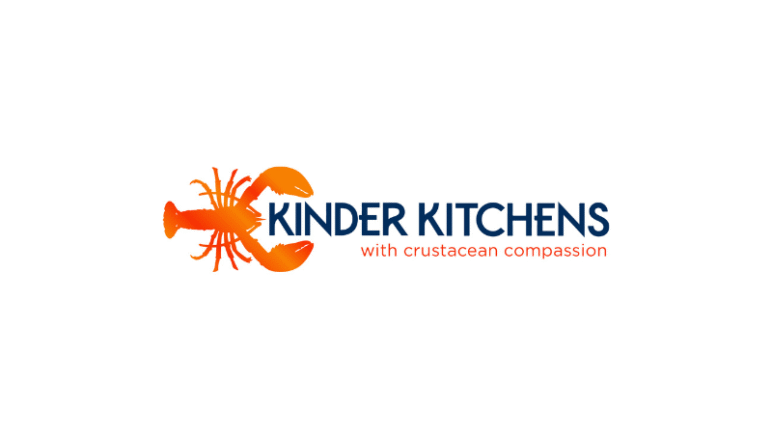Internationally recognised for the quality of its seafood, the UK’s restaurant and foodservice industry can be highly influential in the movement towards better crustacean welfare standards.
Decapod crustaceans – such as crabs, lobsters, prawns and nephrops (langoustines) – have been legally recognised as sentient in the UK since 2022, meaning they are acknowledged as capable of feeling pain and suffering. Despite growing industry focus on crustacean welfare issues, many chefs and foodservice professionals still lack clear guidance on what this means for sourcing, handling and killing practices.
As legal and consumer expectations are evolving, foodservice businesses may soon need to make significant changes to the way they source crustaceans or handle live crustaceans in their care.
Some traditional methods of killing crustaceans, like boiling while alive and conscious, are no longer acceptable for sentient animals.
Crustacean Compassion’s Kinder Kitchens campaign supports hospitality professionals in making humane, informed choices when sourcing and preparing seafood, without compromising on quality or taste.





